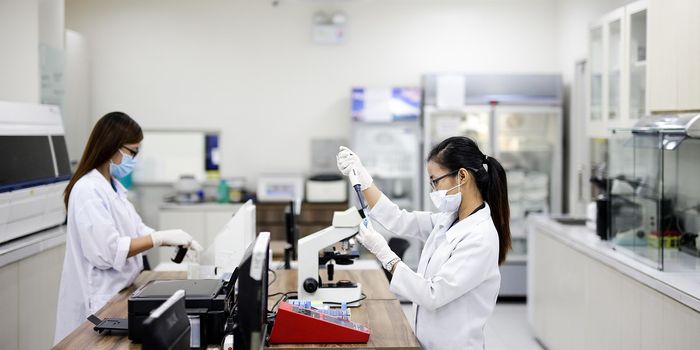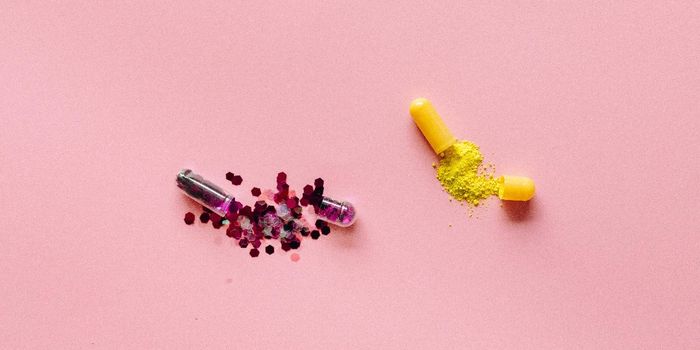A Safer Cannabis Extract Could Help Users Fight Cannabis Dependence
According to The National Institute on Drug Abuse, roughly 30% of recreational cannabis users in the U.S. may be at risk of having some degree of cannabis use disorder resulting in symptoms of dependence. Dependence often manifests in irritability, changes in appetite, and poor sleep patterns. The UN Office on Drugs and Crime says that cannabis is the most widely used psychoactive substance used and accounts for the largest number of people dependent on illicit drugs globally.
In a study on the likelihood of developing an alcohol and cannabis use disorder during youth, it was found that those who begin using marijuana regularly before the age of 18 are four to seven times more likely to develop a marijuana use disorder than adult users.
Marijuana use disorder turns into addiction when a user cannot stop using the drug even though it interferes with daily life. Estimating the number of people addicted to marijuana can be controversial, mainly because epidemiological studies of substance use often use dependence as a substitute for addiction. However, it is possible to be dependent without being addicted.
In a recent study, researchers from the University of Sydney and the New South Wales Ministry of Health in Australia tested a new medicinal drug called Nabiximols for the treatment of cannabis dependence. This was a randomized clinical trial consisting of 128 participants who were all recreational cannabis users. The participants were monitored over 12 weeks, and only some of them were given the actual drug, administered in spray form, orally, under the tongue. The researchers gave each participant an average dose of 18 sprays per day; each spray was 0.1 milliliters, containing 2.7 milligrams (mg) of THC and 2.5 mg of CBD.
Photo Source: MEL Magazine
The research found that Nabiximols, a cannabinoid agonist drug, made up of a combination of cannabidiol (CBD) and tetrahydrocannabinol (THC), resulted in fewer days of illicit cannabis use in patients who received the drug compared to those who received a placebo.
This cannabinoid agonist, consisting of a cannabis extract, works through interaction with the body's cannabinoid receptors. Cannabinoid receptors are part of the endocannabinoid system, which is involved in a variety of physiological processes including appetite, pain-sensation, mood, and memory. Through targeting these receptors researchers hope to reduce the rate of relapse in those seeking help for cannabis dependence.
"The principles are very similar to nicotine replacement; you are providing patients with a medicine, which is safer than the drug they're already using and linking this with medical and counseling support to help people address their illicit cannabis use," Prof. Lintzeris, lead author on the study, explains.
Currently, four out of five patients relapse to regular cannabis use within six months of medical or psychological interventions.









